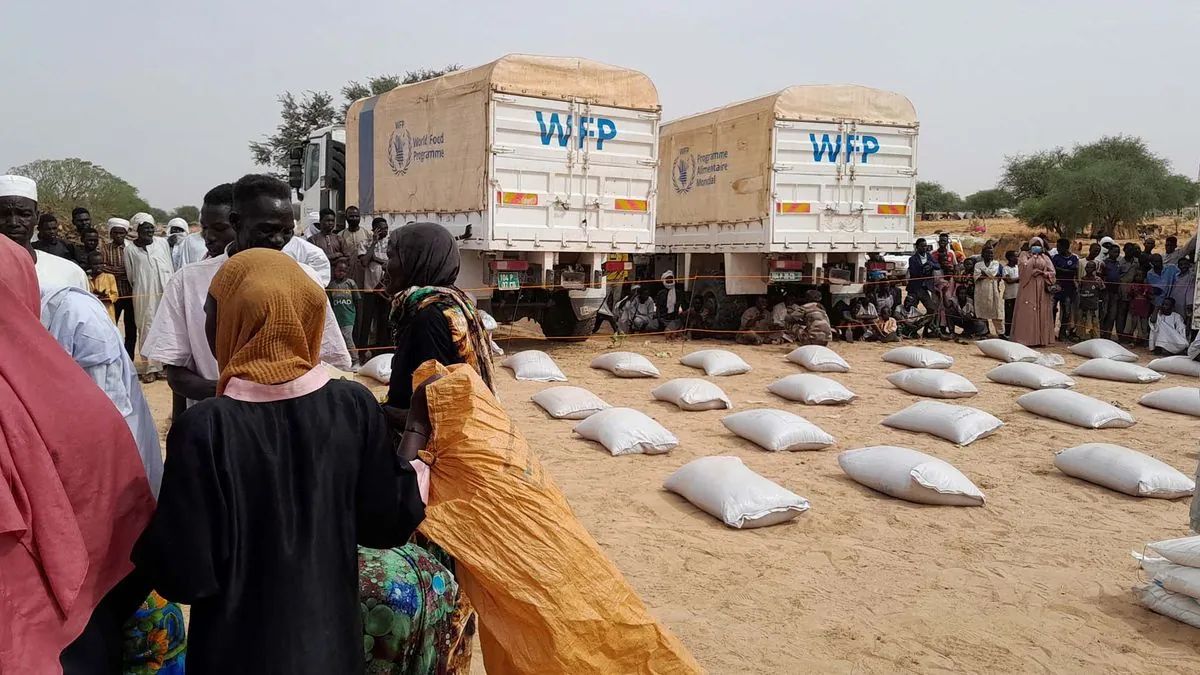The United States has taken decisive action against South Sudanese officials who have hindered humanitarian efforts in their country. On August 30, 2024, the State Department announced visa restrictions for government members and others who have obstructed aid by imposing taxes on shipments.
South Sudan, the world's newest nation since gaining independence in 2011, is grappling with one of the most severe humanitarian crises globally. The country's struggles stem from a combination of persistent conflict, natural disasters, and widespread poverty. These challenges have been exacerbated by the lingering effects of a civil war that ravaged the nation from 2013 to 2018, resulting in hundreds of thousands of casualties.
The current crisis has been further complicated by a tax dispute between South Sudanese authorities and the United Nations. UN missions report that fuel tankers are being held up, jeopardizing the delivery of millions of dollars worth of crucial aid. This situation has raised concerns about the government's commitment to the 2018 peace agreement, which included provisions for facilitating humanitarian assistance.
State Department spokesman Matthew Miller expressed frustration with the South Sudanese government's actions, stating:
"Despite assurances, the government has yet to effectively reduce the unacceptably high costs, bureaucratic obstacles, and risks of providing humanitarian assistance to South Sudanese people in need."
The visa restrictions will render those targeted ineligible for entry into the United States, serving as a clear message to South Sudanese officials about the consequences of impeding humanitarian efforts.
South Sudan faces numerous challenges beyond the current aid crisis. With a population of approximately 11 million people representing over 60 indigenous ethnic groups, the country struggles with one of the world's lowest literacy rates, with only about 27% of adults able to read and write. The nation also grapples with severe food insecurity, affecting millions of its citizens.
Despite these difficulties, South Sudan possesses significant potential. The country is home to vast oil reserves, accounting for 98% of its budget, and boasts rich biodiversity, including large mammal migrations and the Sudd, one of the world's largest wetlands. However, limited infrastructure, with only about 200 km of paved roads, hinders development and aid distribution.
As the international community continues to monitor the situation, the hope remains that these visa restrictions will prompt South Sudanese officials to facilitate the unobstructed delivery of humanitarian assistance to those in desperate need.
